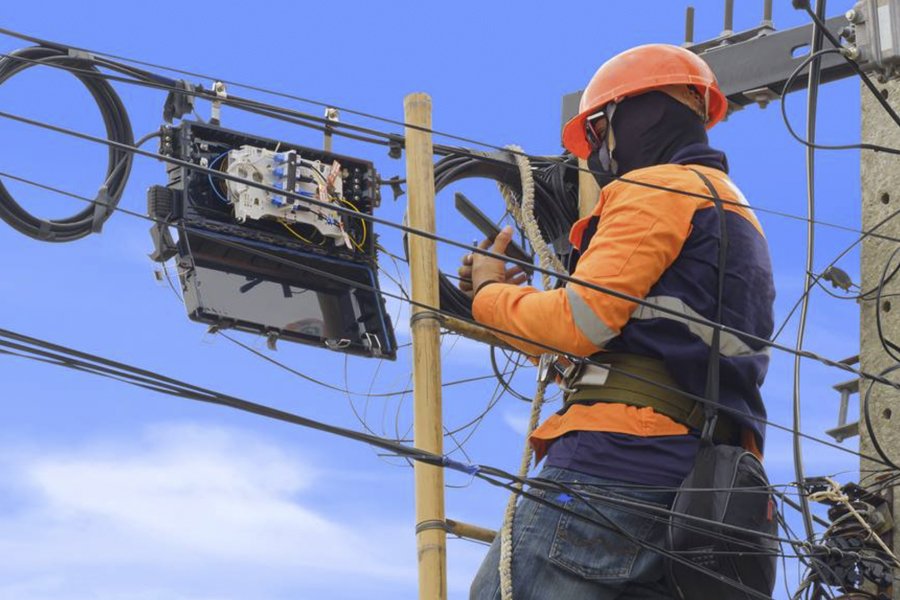Critical Industries
Imagine America without revolutionizing industrial advances like modern medical care or semiconductor-powered technologies. Our society depends on PFAS compounds that some want to ban.
Which products and industries rely on PFAS compounds?
Life-Saving Medical Care
Medical devices like Metered Dose Inhalers and MRI machines, pharmaceutical packaging, and hundreds of active ingredients in life-saving medicines either rely on or are PFAS compounds, including but not limited to antidepressants, cardiovascular health medications, and COVID-19 treatments.
Semiconductor-Powered Technologies
As an integral component of semiconductor manufacturing, PFAS compounds underpin our digital society with the technologies that power personal devices, telecommunications equipment, and data centers that make the internet possible.
Military Readiness
A recent Department of Defense report determined that losing access to PFAS “would greatly impact national security”. Aerospace, defense, and space industries rely on the stable performance properties in PFAS compounds in nearly all products, including metal plating and manufacturing, sealants, fire suppression, lubricants, coatings, composite aircraft component manufacturing, wiring and electronics, and hydraulic systems.
Automotive Safety & Reliability
The automotive industry depends on high-performing PFAS compounds used in engine components such as seals and tubing, automotive sensors for Advanced Driver Assistance Systems (ADAS) and autonomous vehicles, and electric insulators for in-car electronics and cabling.
Advanced Refrigerants
Low-global-warming-potential (GWP) refrigerants comprised of high-performing PFAS compounds refrigerate the supply chain preventing food waste and protecting our pharmaceutical cold chain, while decarbonizing large-scale heating solutions and supporting the air conditioning systems of millions of vehicles, homes and industries globally.
Energy Security
The advanced performance characteristics of PFAS compounds enable an all-of-the-above approach to energy production and essential energy storage needs. From oil and gas production to wind and solar energy generation, PFAS are integral to sustaining energy independence.
Energy-Efficient Construction
The construction industry uses innovative insulation products that depend on the unique properties of PFAS compounds to increase the energy efficiency of residential and commercial properties.
Durable Personal Protective Equipment
First responders, defense personnel, and industrial workers count on the molecular stability and durability that PFAS compounds provide in personal protective equipment (PPE) to protect against extreme weather, flash fire, liquid chemicals, and biological hazards.
Economic Impacts of PFAS
INFORUM, a Washington-based economic consulting firm, recently found that six key industries rely on certain PFAS compounds to manufacture products, including the Aerospace, Refrigeration and Air Conditioning, Automotive, Battery, Medicine and Pharmaceutical, and Semiconductor industries. These industries support more than 6 million jobs in the United States, provide wages to their workers of more than $550 billion annually, and contribute more than $1 trillion to the national gross domestic product.
State Economic Analysis
Download INFORUM’s analysis of the economic impacts of PFAS-utilizing industries in U.S. states, including how key sectors contribute to employment, labor income, and GDP.









